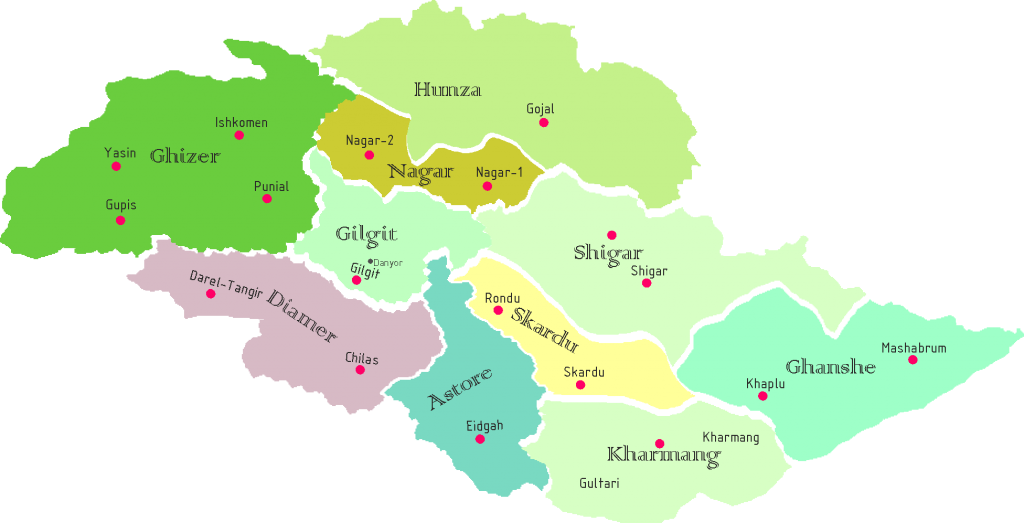More than 73 years since its independence, Gilgit-Baltistan remains subject to barely disguised colonial rule to await genuine enfranchisement. While many of Pakistan’s ethnic peripheries harbour deep grievances against the authoritarian and extractive logics of the country’s statecraft, GB is arguably the only region that remains explicitly deprived of even basic democratic, constitutional and human rights.
It was only in 2009 that we were given the right to call ourselves Gilgit-Baltistan and finally be rid of the colonial appellation of ‘Federally Administered Northern Areas’. We were ruled by the draconian Frontier Crimes Regulation until 1974.
Successive governments have been giving the people of the region the lollypop of ‘reform packages’ through executive orders to continue the colonial repressive strangulation and exploitation. To this day, the people of Gilgit-Baltistan are accorded no autonomous status, independent judiciary and parliament as promised in the UN resolutions in 1948 and 1949 within the corridors of Pakistani officialdom, subsumed under the so-called ‘Kashmir cause’.
This is despite the obvious importance of GB’s land, minerals, mountains, water, forest, glaciers and other resources to the Pakistani mainstream. The region is commodified as a ‘tourist haven’; down-country Pakistanis and foreigners alike are invited to scale its peaks and take in its lush valleys and meadows in the summer months.
At the height of the COVID19 pandemic, the PTI government recklessly and unilaterally announced that GB was open for tourism, yet another indicator that the state cares for the region’s land and resources and not for its people.
Yet like so many mountainous regions, GB, too, is in the throes of climate change. Glaciers are melting, forests are devoured by the timber mafia causing deforestation at a breakneck pace, and previously clear skies and water bodies are being choked by pollution.
In the neoliberal imagination, Gilgit-Baltistan is experiencing ‘development’, but in practice, shortsighted profiteering and ruthless pillaging of mineral resources is not only endangering future generations in Gilgit-Baltistan and the wider region but has already thrown up enormous fallouts in the present.
The 2010 Atabad disaster was the most prominent of such fallouts. And the fact that the Pakistani state proceeded to criminalise brave sons of the soil like Baba Jan, Aleem, Iftikhar Karbalai and 11 others for simply demanding justice both for the victims of the disaster and for the unsustainable development model more generally is simply another reminder of GB’s colonial plunder. Baba Jan and his companions are offered secret deals to renege on their commitment to the region’s people, the securing of yet another pro-establishment outcome in GB’s upcoming election making a mockery of the very idea of democracy.
GB’s political, economic and cultural marginalization is explained not only by the machinations of a militarised and unaccountable Pakistani state apparatus but by regional geopolitics as well. The centrality of GB to the China-Pakistan Economic Corridor (CPEC) and the contiguity of its borders with India to the east render ‘dangerous’ any and every young person in GB with a critical bent of mind and a commitment to the well-being of its people.
Is demanding that CPEC, GB’s political future, and the operative development paradigm are the consistent democratic aspirations of the masses of GB a crime?
We are a proud, diverse people, with a rich civilizational history. The youth of GB, many of whom have been educated in Pakistan’s cities and towns, seek a repudiation of the status of colonized peoples that has persisted for more than seven decades.
Our commitment to peaceful, democratic struggle cannot be dismissed or suppressed. The sooner the establishment and its cronies realise this, the better.

The High Asia Herald is a member of High Asia Media Group — a window to High Asia and Central Asia

